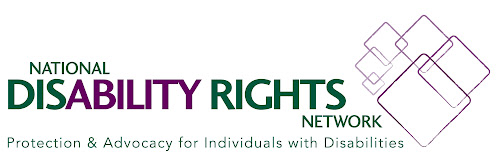Segregation-Produced Urban Heating Disproportionately Affects Black and Latino Children Before Birth & In Early Years
A just-published report by the (London) Guardian summarizing recent environmental research shows that racial segregation caused by decades of discrimination is directly affecting Black and Latino children before they were even born and in their early years. The recent analysis of over 30 medical studies found "women of color, particularly Black women, and their babies are most likely to suffer low birth weights, pre-term births and stillbirths from climate-driven threats exacerbated by racial segregation. Hot temperatures can cause strain upon women and their unborn children, while heat can also react with pollutants from cars and power plants to create ozone, a ground-level pollutant that can cause an array of health problems."
“This pollution cause placental inflammation and affects the baby,” said Susan Pacheco, an associate professor at the University of Texas Health Science Center who co-authored research released in summer of 2020 that found that pregnant women exposed to heat and air pollution are at heightened risk of adverse pregnancy outcomes. “This can cause impacts in childhood but also bad outcomes when they are adults, such as heart and kidney disease. Even what we would consider limited exposures can affect the development of the baby. Unfortunately many children will be marked for life because of what their mothers are exposed to, affecting the brain, lungs, pancreas, everything.”
*****
Source: The (London) Guardian, February 16, 2021.
*****
Other sources for this research include:
"Association of Air Pollution and Heat Exposure With Preterm Birth, Low Birth Weight, and Stillbirth in the US: A Systematic Review." Bruce Bekkar, MD; Susan Pacheco, MD; Rupa Basu, PhD; et al Nathaniel DeNicola, MD, MSHP. JAMA Netw Open. 2020;3(6):e208243. doi:10.1001/jamanetworkopen.2020.8243.
"Can We Turn Down the Temperature on Urban Heat Islands?" Jim Morrison. E360 Digest. September 12, 2019.
"Racist Housing Practices From The 1930s Linked To Hotter Neighborhoods Today." Meg Amderson. NPR. January 14, 2020.
"Study Finds Link Between Deadly Heatwave Exposure and Redlining Housing Policies." Nina Lakhani. E360 Digest. January 16, 2020.
"The Effects of Historical Housing Policies on Resident Exposure to Intra-Urban Heat: A Study of 108 US Urban Areas." by Jeremy S. Hoffman 1,2,*OrcID, Vivek Shandas and Nicholas Pendleton. Climate 2020, 8(1), 12; https://doi.org/10.3390/cli8010012.








